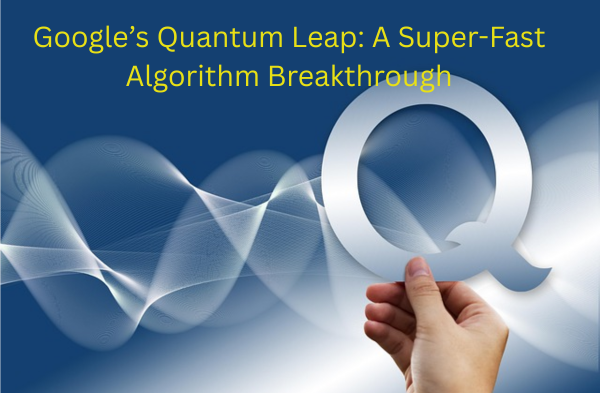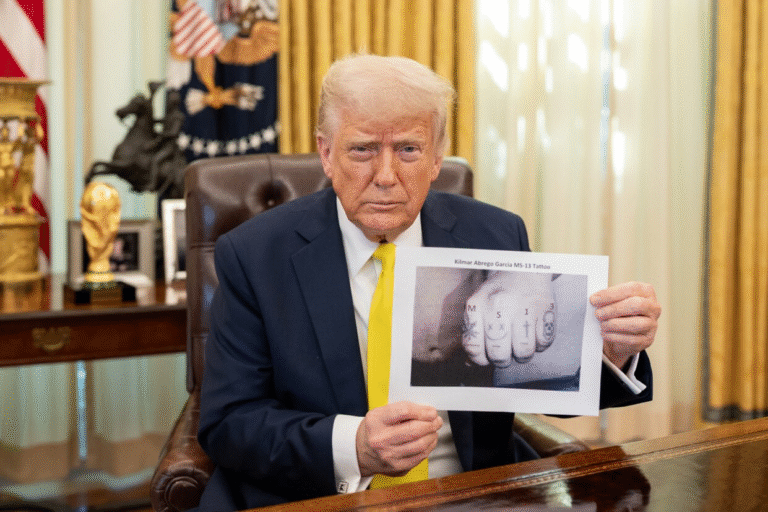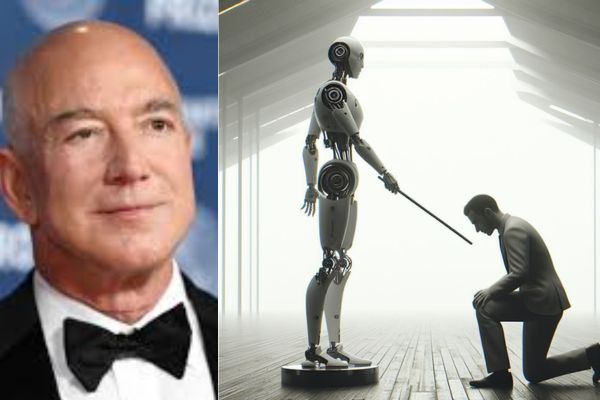Google’s scientists have created a new algorithm called Quantum Echoes which is 13,000 times faster than the world’s top supercomputers. Revealed on October 22, 2025, in the journal Nature, this breakthrough brings us closer to using quantum computers for newer challenges like designing new drugs or creating advanced materials. Quantum Echoes is the first algorithm of its kind which another quantum computer can verify, making it a reliable step toward the future.

Here’s why this matters.
A Lightning-Fast Quantum WinQuantum Echoes ran on Google’s Willow quantum processing unit (QPU), a chip built for quantum computing. In tests, it solved problems so fast it left supercomputers far behind. What’s unique is that another quantum computer can double-check the results, proving the algorithm’s accuracy. In a second study on the arXiv database, the team used it to study two molecules with 15 and 28 atoms, revealing new details about their atomic structures. This could one day help scientists design improved medicines or materials.

How Quantum Echoes Works
One can think of Quantum Echoes like sending a signal into a quantum system and listening for its echo. The algorithm runs operations on a 105-qubit setup on the Willow chip (qubits are like super-powered computer bits). It chnages one qubit, reverses the process, and uses the “echo” to uncover details about the system. This helped measure atom distances in molecules, a task regular computers struggle with for larger molecules. The team says future versions could handle molecules four times bigger, far beyond what supercomputers can do.
Why This Is a Big Deal
This isn’t just about speed—it’s about making quantum computers useful. Right now, they’re like super-smart but unpolished tools. Quantum Echoes shows they could soon tackle real-world problems, like speeding up drug discovery or designing stronger materials. Google predicts practical uses in 5 years, but there’s a catch: quantum computers need millions of qubits to truly shine, compared to the hundreds or thousands they have now. Both hardware and software, like Quantum Echoes, need to work together to get there.
Building on Years of Work
This breakthrough builds on decades of research, starting in the 1980s with Michel Devoret, a Google Quantum AI scientist and 2025 Nobel Prize winner. Devoret calls Quantum Echoes a milestone because it’s fast and verifiable. The team tested it rigorously, running simulations equivalent to 10 years on a supercomputer to ensure the results hold up. Scott Aaronson, a computer science expert, told Live Science this challenges skeptics to match it with regular computers. Google’s Willow chip, launched in 2024, also helps by reducing errors as qubits increase, paving the way for bigger, better quantum machines.



